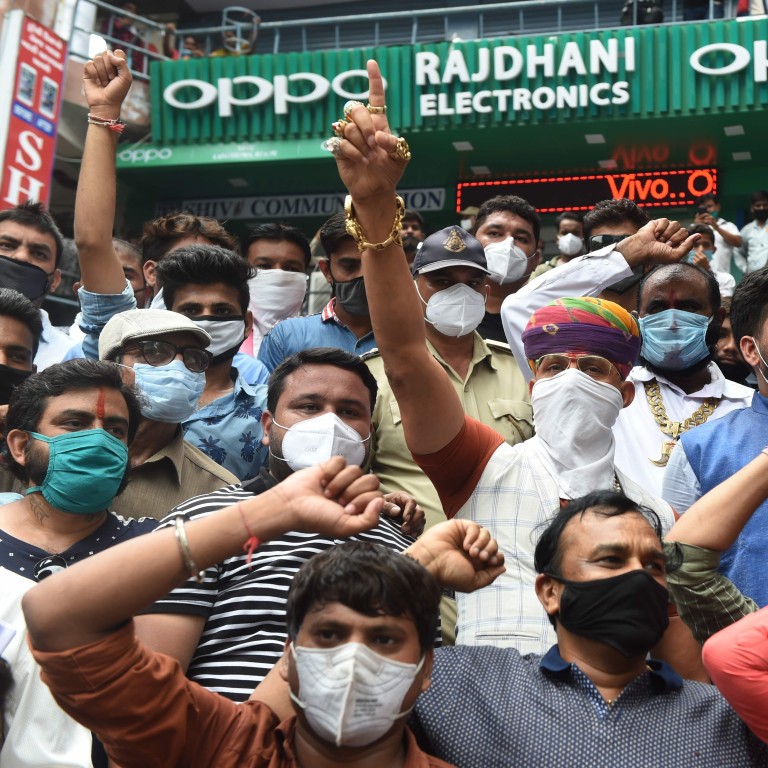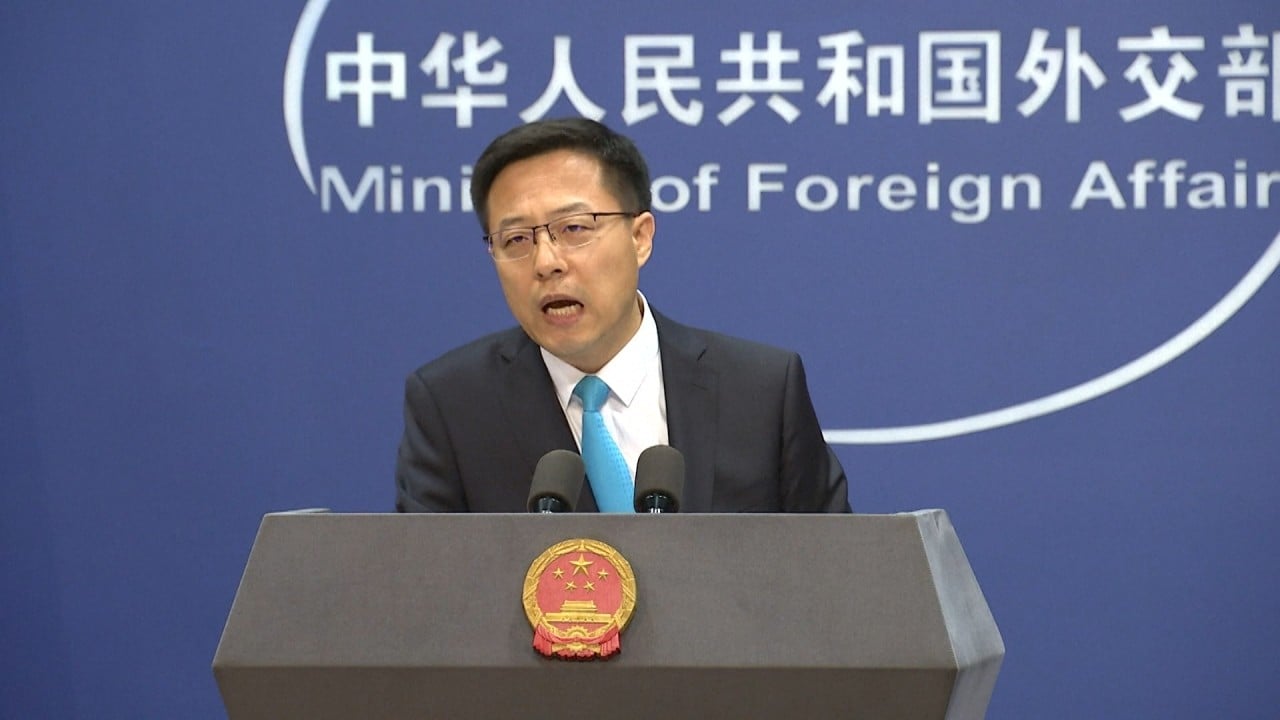
China ‘has scope to hit back’ at any Indian economic sanctions
- Beijing has so far showed no signs of responding to calls in India for boycotts of Chinese goods but it has some room for retaliation if needed, economist says
- ‘Indian businesses and consumers likely to be main parties harmed’ by punishment of China
Calls for boycotts of Chinese goods have grown in India in the last two weeks since at least 20 Indian soldiers were killed in a border skirmish in the Himalayas with Chinese troops.
At a ceremony on Sunday in honour of the soldiers, Indian Prime Minister Narendra Modi encouraged Indians to buy more goods from domestic producers.
“A self-reliant India would be a tribute to our martyrs in the truest, deepest sense,” Modi said.
Last week, India ordered vendors on a government run e-commerce platform to label the country of origin of products, and include a filter to show “made in India” products.
And on Monday, India’s Economic Times reported that the government was considering investigating Chinese shell companies based in Southeast Asia that may be shipping goods on to India.
China has so far showed no signs of taking any retaliatory action of its own but has scope to do so, according to Tu Xinquan, a trade expert at the University of International Business and Economics in Beijing.
“I think China will take a while to respond,” Tu said.
“If India goes too far, China will absolutely react, perhaps by placing export controls on critical components,” Tu said, adding that pharmaceuticals could also be targeted.
Can India afford an economic battle with China?
Several Chinese investment projects in India have also been put on hold since the border violence, including plans for a US$500 million Great Wall car factory in the state of Maharashtra.
India has taken other actions, though they have not been tied directly to the border row.
Indian media reported last week that Chinese goods had been stopped for extra checks at the border in response to new outbreaks of the coronavirus in China, resulting in delays.
In addition, Indian authorities imposed anti-dumping duties on steel from China, as well as from Vietnam and South Korea; and included Chinese aluminium in its targets of tariffs, duties that were also imposed on supplies from Indonesia, Malaysia and Thailand.

02:03
China says India should take ‘entire responsibility’ for deadly border clash
Adam McCarthy, chief economist at Hanoi-based Mekong Economics, said India’s trade actions were aimed at Beijing, but were also an extension of India’s long-standing protectionist trade policy.
“Mercantilist protectionism is a key reason why India has been economically dwarfed by China in recent decades,” McCarthy said.
“India thinks that it can ‘punish’ China by raising non-tariff barriers or ‘stepping up scrutiny’. The main persons hurt, however, are Indian businessmen and consumers.”
India had a US$51.24 billion trade deficit with China in 2019, according to Chinese government figures. That amount was more than the combined deficit of India’s second and third-biggest deficit trading partners, Saudi Arabia and Iraq.

